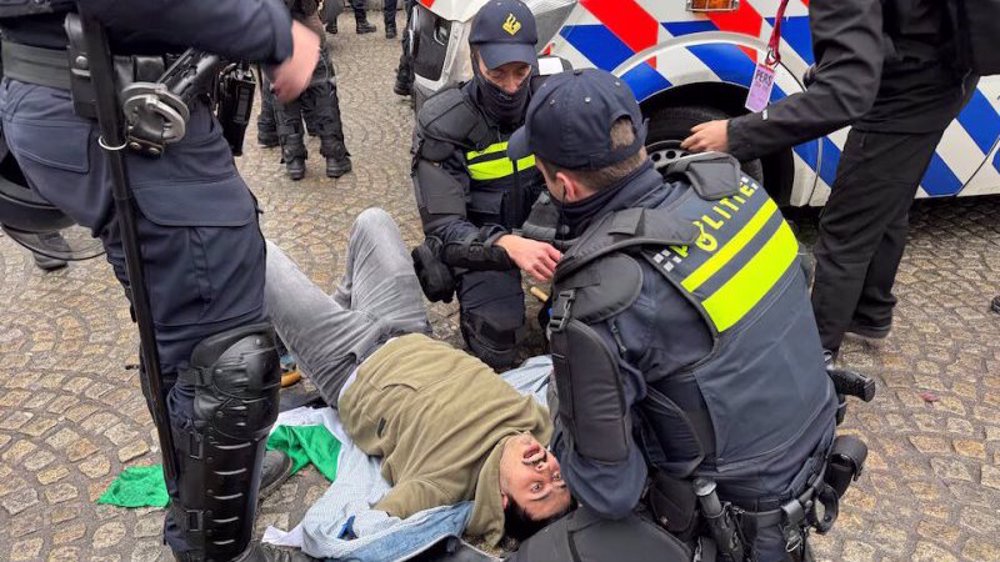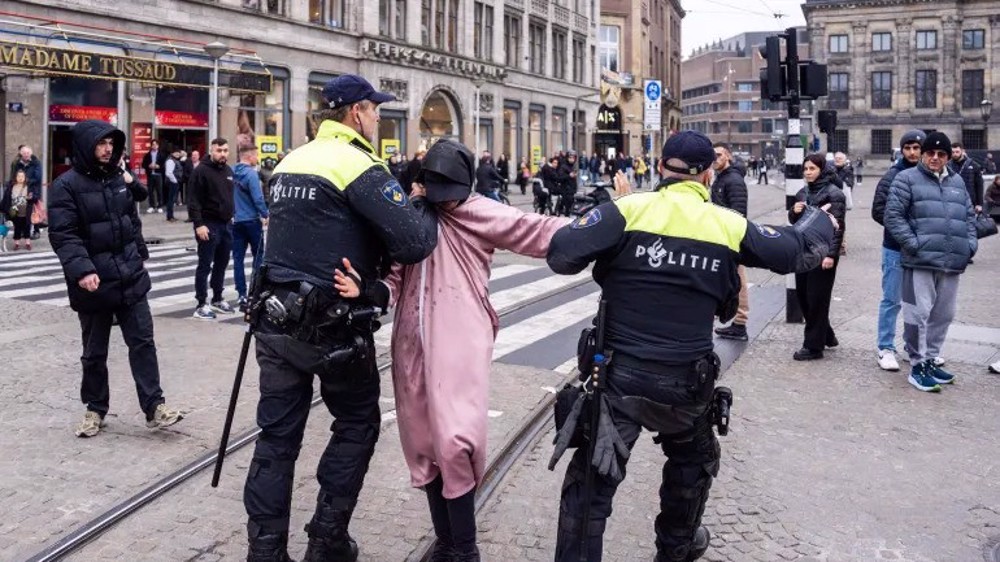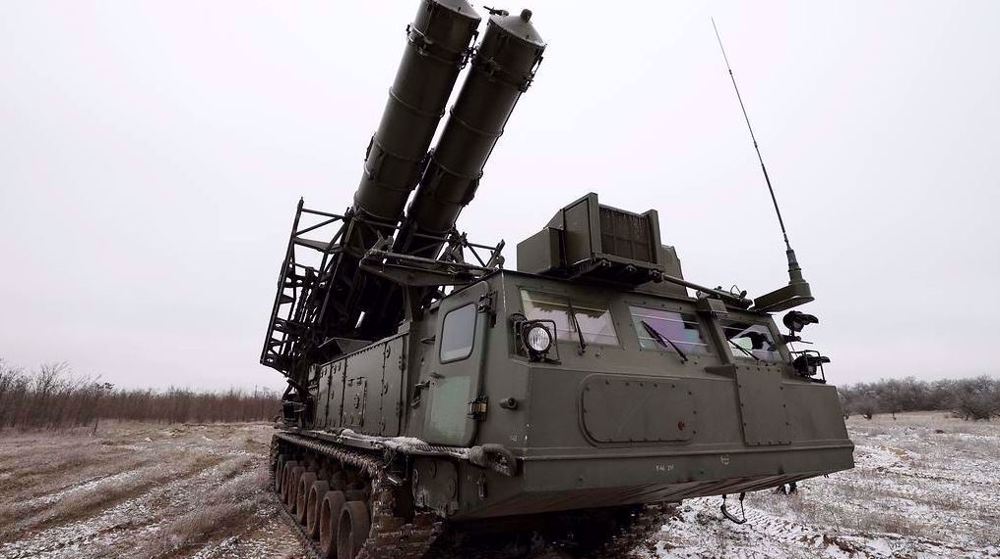EU extends by 6 months economic sanctions on Russia
Economic sanctions imposed by the European Union against Russia over a conflict in Ukraine have been extended for another six months.
The European Council said on Wednesday that the decision to extend sanctions on Russia came after a recent summit briefing in Brussels on Ukraine's situation by leaders of France and Germany, the two countries that have been part of mediation efforts to end the conflict.
“This paved the way for the renewal of sanctions for a further six months,” said a statement, adding, “The Council formalized this decision today by written procedure and, in line with the rule for all such decisions, unanimously.”
France and Germany, along other Western governments, accuse Russia of providing support to the anti-government rebels in eastern Ukraine. Russia denies any involvement in the conflict and insists that the entire mess began in early 2014 after the US and European allies aided and abetted the overthrow of a legitimate government in Ukraine. A peace deal reached in February 2015 in Belarus, known as Minsk II agreement, has failed to put an end to the fighting in eastern Ukraine as death toll has mounted steadily to above 10,000.

EU’s economic sanctions on Russia came in July 2014, after Brussels said Russia-backed rebels shot down Malaysia Airlines flight MH17, an incident which contained a heavy loss of life. The bans, which now will go until January 2018, target Russia's finance, oil and defense sectors. They are different than a set of other sanctions imposed by the EU on Russia after Crimea, a former Ukrainian territory, joined Russia in 2014. The EU has also slapped asset freezes and travel bans on Russian and Ukrainian figures deemed responsible for supporting rebels in east Ukraine.
Moscow, which also suffers from extensive US measures over its alleged role in Ukraine, has consistently downgraded sanctions as ineffective and counterproductive. It has responded to the embargoes by imposing its own sanctions on import of foods and other products from European countries to make bans for EU more and more costly.
Russia said on Wednesday that it may respond to EU’s decision to extend sanctions.
Kremlin spokesman Dmitry Peskov said Moscow reserved the right to take retaliatory steps against the EU over the move.
“No one has abolished the principle of reciprocity,” Peskov said, according to the Russian state media.
VIDEO | Press TV's news headlines
VIDEO | Israel's push for West Bank annexation
VIDEO | Jordanian Journalists Syndicate denounces Israeli crimes against media workers
VIDEO | Grossi visits Tehran hoping to facilitate dialogue
VIDEO | Iran commemorates 13th anniversary of missile program pioneer
Israel’s aggression inflicts $8.5 billion in economic losses on Lebanon: World Bank
Hezbollah attacks Israeli military bases in Tel Aviv, Haifa
Hezbollah strikes multiple Israeli targets in fresh retaliatory operations













 This makes it easy to access the Press TV website
This makes it easy to access the Press TV website